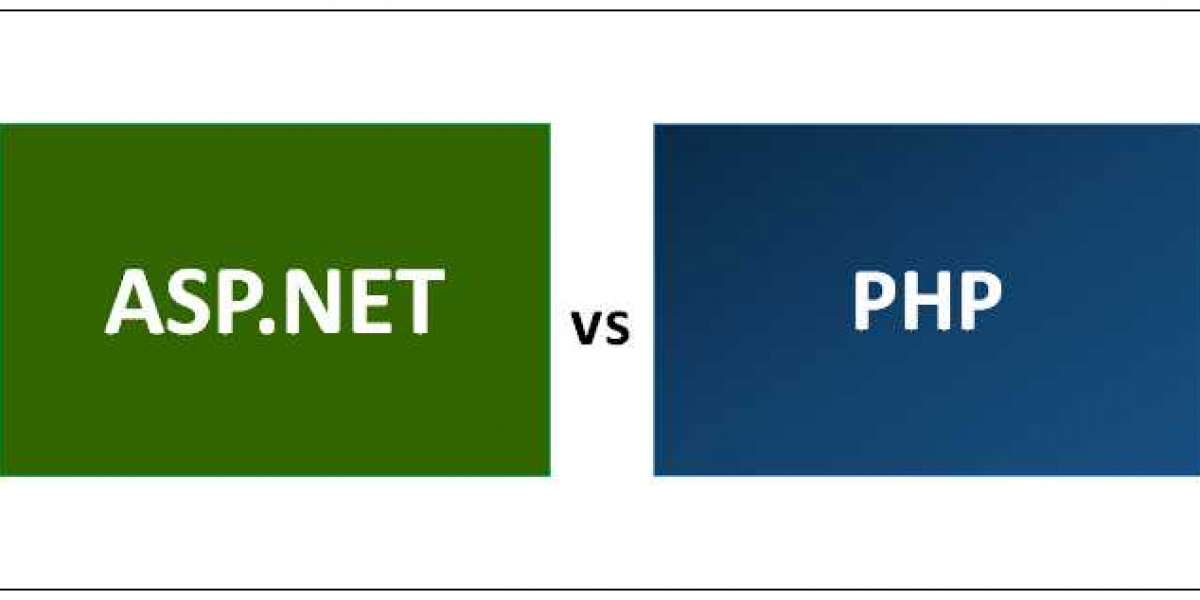When it comes to developing web applications, PHP and ASP.NET are two of the most popular and widely used languages. However, no matter how good these technologies are, they both come with their own set of challenges.
In this blog post, we'll be discussing the top 5 challenges faced while using PHP and ASP.NET and how to overcome them. We'll also be exploring the pros and cons of using these technologies, so you can make an informed decision when selecting one of them for your web development projects.
1) Security
When it comes to web development, security is of paramount importance. Whether you choose to develop with PHP or ASP.NET, there are a few challenges that can arise in terms of security.
For example, PHP is an open-source language and can be vulnerable to malicious attacks. Therefore, developers must ensure that their code is secure and contains all the necessary security measures. On the other hand, ASP.NET is a Microsoft technology and offers more robust security features compared to PHP. However, there are still certain vulnerabilities that could be exploited if proper precautions are not taken.
It is also important to note that both languages have access to popular frameworks such as Laravel and .NET Core, which are equipped with built-in security features. This allows developers to quickly and easily implement security protocols for their applications.
2) Performance
Performance is a key factor to consider when choosing between PHP and ASP.NET. While PHP offers a faster execution time, ASP.NET offers the scalability and reliability required for complex websites.
When it comes to web development, performance should be a primary focus for both PHP and ASP.NET. For PHP, one way to improve performance is by using an opcode cache such as APC or OPcache. This helps reduce the amount of time it takes for PHP to parse and compile scripts into executable code. Additionally, using a modern version of PHP can also increase speed and performance.
On the other hand, ASP.NET provides more efficient performance than PHP because it compiles code into an optimized form that is faster and more secure than interpreted languages like PHP. This makes ASP.NET the preferred choice for web applications that require higher performance, scalability, and stability. Additionally, it supports the use of advanced caching solutions like Memcached, which can drastically improve the speed of your web application.
3) Scalability
One of the biggest challenges developers face when using PHP and ASP.NET is scalability. It can be difficult to ensure that your web application can scale up as your user base grows. Both PHP and ASP.NET have their own sets of challenges in this regard.
For instance, with PHP, there is a lack of support for parallelism, meaning that multiple requests must be processed serially. This can lead to performance bottlenecks as the number of users grows, slowing down the overall speed of the application. Additionally, due to the fact that PHP is interpreted, the code must be read and compiled each time it is requested, leading to slower processing times.
4) Maintainability
When it comes to maintainability, both and ASP.NET have their own pros and cons. PHP code is simpler and easier to maintain, since it is written in a scripting language. This makes it easier for developers to quickly identify errors in the code and fix them. On the other hand, ASP.NET offers more options for writing object-oriented code and creating secure web applications. However, its complexity can make it difficult for developers to manage large-scale projects.
In terms of maintaining web applications, PHP is less expensive as there are fewer dependencies. Also, its coding environment allows developers to easily upgrade to newer versions. ASP.NET also offers similar advantages, but its more complex coding environment requires more training and time to implement updates.
5) Support
Support is one of the key factors when it comes to choosing a web development platform. It is important to ensure that the platform you choose provides quality support. When it comes to PHP and ASP.NET, both platforms offer excellent support resources.
For PHP, developers can access extensive documentation as well as tutorials and forums to help them solve coding issues and get answers to their questions. Additionally, there are many open source projects that provide support for PHP development.
ASP.NET also offers extensive support resources including documentation, tutorials, forums and communities. Microsoft provides direct support for its users and offers a variety of learning resources such as tutorials and webcasts. Additionally, there are third party vendors that offer commercial support for ASP.NET development.
Conclusion
Choosing between PHP and ASP.NET for web development can be a tough decision. Depending on the project requirements, both of these technologies have their pros and cons that need to be taken into consideration. Security, performance, scalability, maintainability, and support are some of the common challenges faced while using either technology. To ensure that you develop a secure and efficient website, it is important to assess the benefits of each technology and invest in the right one for your project.
For businesses looking for help with their ASP.NET development services, it is important to work with a reliable company that specializes in this technology and is experienced in addressing the various challenges faced in the development process. With the right expertise and guidance, businesses can make informed decisions that will help them achieve their desired outcomes.

